AMD Ryzen 7 5700GE in iGPU - FP32 Performance (Single-precision GFLOPS)
Here we show you how fast the AMD Ryzen 7 5700GE is in the iGPU - FP32 Performance (Single-precision GFLOPS). Based on the result, you can assess whether this processor is suitable for you. In addition to the clock frequency, the number of CPU cores is also crucial. Please note that these benchmark values can only be achieved if the AMD Ryzen 7 5700GE is sufficiently cooled, as current processors usually achieve their maximum performance in benchmarks and in practice in turbo mode.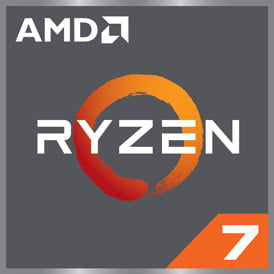
CPU lineage |
|
| Name: | AMD Ryzen 7 5700GE |
| Family: | AMD Ryzen 7 (67) |
| CPU group: | AMD Ryzen 5000G (16) |
| Segment: | Desktop / Server |
| Generation: | 4 |
| Predecessor: | AMD Ryzen 7 4700G |
| Successor: | -- |
iGPU - FP32 Performance (Single-precision GFLOPS) - Benchmark results
|
|
Intel Core i7-11370H
Intel Iris Xe Graphics 96 (Tiger Lake) @ 1.35 GHz |
||
|
|
Intel Core i7-11375H
Intel Iris Xe Graphics 96 (Tiger Lake) @ 1.35 GHz |
||
|
|
Intel Core i7-1185G7
Intel Iris Xe Graphics 96 (Tiger Lake) @ 1.35 GHz |
||
|
|
AMD Ryzen 7 5700GE
AMD Radeon RX Vega 8 (Renoir) @ 2.00 GHz |
||
|
|
AMD Ryzen 7 PRO 7730U
AMD Radeon RX Vega 8 (Renoir) @ 2.00 GHz |
||
|
|
AMD Ryzen 7 7730U
AMD Radeon RX Vega 8 (Renoir) @ 2.00 GHz |
||
|
|
AMD Ryzen 7 PRO 5875U
AMD Radeon RX Vega 8 (Renoir) @ 2.00 GHz |
||
More benchmark results for the AMD Ryzen 7 5700GE
Beside of technical cpu data, cpu-monkey is able to show the real cpu speed to you. We're using a bunch of favorite benchmarking software to realize that:Geekbench 5 (SC)
2,488 entries
2,488 entries
Geekbench 5 (MC)
2,461 entries
2,461 entries
FP32 SP (iGPU)
2,042 entries
2,042 entries
PassMark CPU-Mark
2,392 entries
2,392 entries
CPU groups
We have clearly divided all processors available in our benchmark database into groups for you. For example, all Intel Core i7 processors can be compared at a glance. In addition, all CPUs of a generation are divided into subgroups.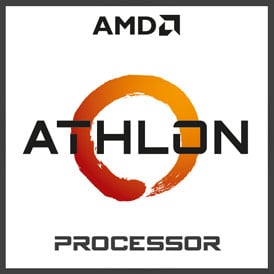
AMD Athlon
29 entries
29 entries
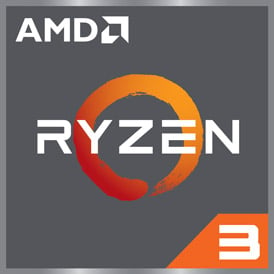
AMD Ryzen 3
33 entries
33 entries
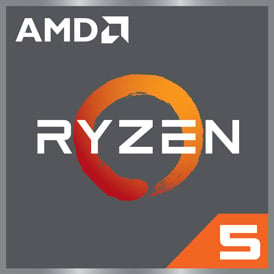
AMD Ryzen 5
84 entries
84 entries

AMD Ryzen 7
67 entries
67 entries
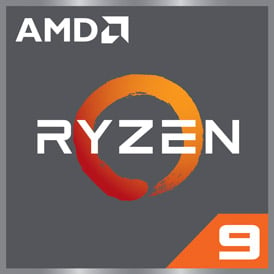
AMD Ryzen 9
35 entries
35 entries
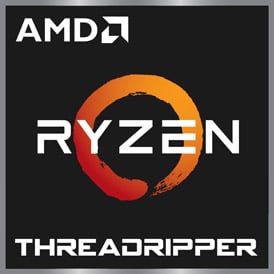
AMD Ryzen Threadripper
13 entries
13 entries

Apple A series
22 entries
22 entries

Apple M series
25 entries
25 entries

Intel Celeron
165 entries
165 entries
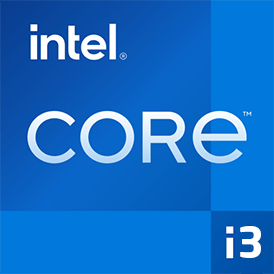
Intel Core i3
205 entries
205 entries

Intel Core i5
331 entries
331 entries

Intel Core i7
298 entries
298 entries
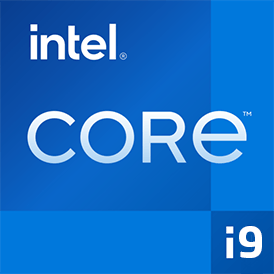
Intel Core i9
78 entries
78 entries

Intel Pentium
150 entries
150 entries
More CPU groups
show more results
show more results
back to index


